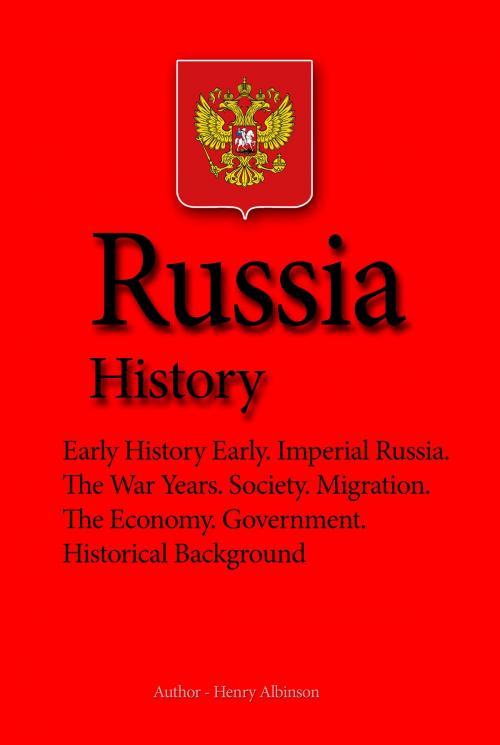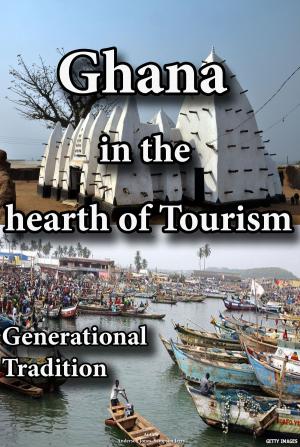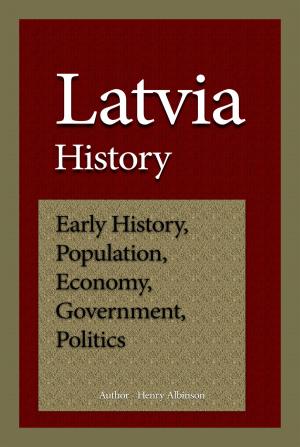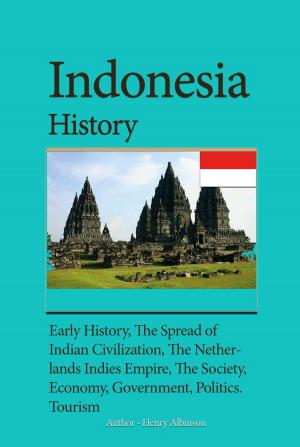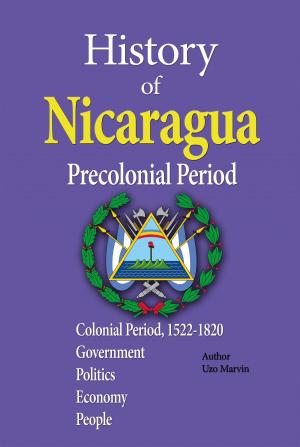| Author: | Henry Albinson | ISBN: | 9781311803795 |
| Publisher: | Sonit Education Academy | Publication: | June 25, 2016 |
| Imprint: | Smashwords Edition | Language: | English |
| Author: | Henry Albinson |
| ISBN: | 9781311803795 |
| Publisher: | Sonit Education Academy |
| Publication: | June 25, 2016 |
| Imprint: | Smashwords Edition |
| Language: | English |
Russia history book for information and guide, Russia Migration, Russia Ethnic Composition, Russia Religion, Russia Economy, Russia Government, Civil Rights, Russia Foreign Relations, Russia culture, Russia travel.
In the eighteenth century, Muscovy was transformed from a static, somewhat isolated, traditional state into the more dynamic, partially Westernized, and secularized Russian Empire. This transformation was in no small measure a result of the vision, energy, and determination of Peter the Great. Historians disagree about the extent to which Peter himself transformed Russia, but they generally concur that he laid the foundations for empire building over the next two centuries. The era that Peter initiated signaled the advent of Russia as a major European power. But, although the Russian Empire would play a leading political role in the next century, its retention of serfdom precluded economic progress of any significant degree. As West European economic growth accelerated during the Industrial Revolution, which had begun in the second half of the eighteenth century, Russia began to lag ever farther behind, creating new problems for the empire as a great power
Russia history book for information and guide, Russia Migration, Russia Ethnic Composition, Russia Religion, Russia Economy, Russia Government, Civil Rights, Russia Foreign Relations, Russia culture, Russia travel.
In the eighteenth century, Muscovy was transformed from a static, somewhat isolated, traditional state into the more dynamic, partially Westernized, and secularized Russian Empire. This transformation was in no small measure a result of the vision, energy, and determination of Peter the Great. Historians disagree about the extent to which Peter himself transformed Russia, but they generally concur that he laid the foundations for empire building over the next two centuries. The era that Peter initiated signaled the advent of Russia as a major European power. But, although the Russian Empire would play a leading political role in the next century, its retention of serfdom precluded economic progress of any significant degree. As West European economic growth accelerated during the Industrial Revolution, which had begun in the second half of the eighteenth century, Russia began to lag ever farther behind, creating new problems for the empire as a great power
